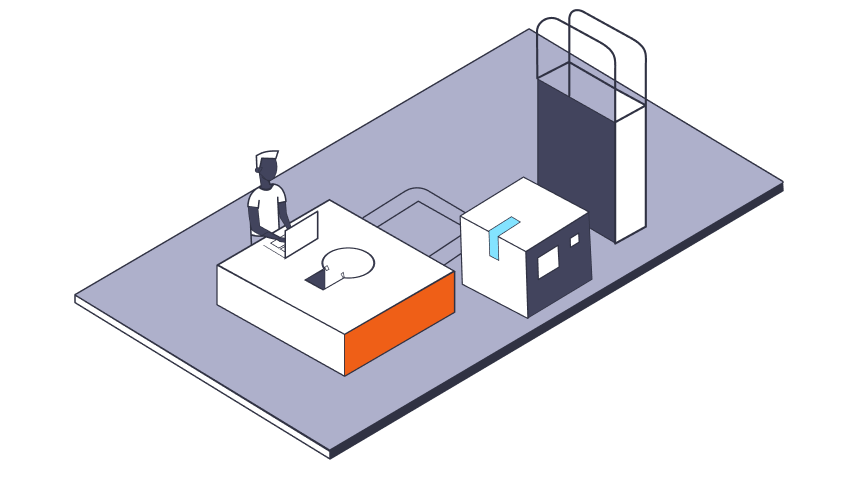Misinformation in the market
The current South African trading environment is undoubtedly tough. With the local manufacturing and retail sector having faced the onslaught of successive COVID-19 lockdowns, including multiple liquor bans, reduced trading weeks, and unprecedented riots the retail industry is stretched, to say the least.
Within this pressure cooker environment—and in the face of heightened targets—we have understandably seen store-level data being used in tactical, short-term ways as opposed to medium- or longer-term strategic approaches. Unfortunately, and perhaps even more concerning, is that the use of this type of store data has been accompanied by the rise of data aggregators in the South African sector.
In tandem with this development, there has been a spread of misinformation in the market. The bottom line is that limited aggregated data is not a consistent, stable, or useful currency for the industry.
Dangerous data misleading businesses
NielsenIQ’s broader benchmark data indicates that companies using aggregated data are missing out on up to 35% of their market share on average. Even more concerning is that in certain product categories, such as beverages, this figure is as high as 50%. (Source: NIQ Total SA MAT June 2021)
This means that in many instances, brands using simple data aggregation might not even have sight of a loss in market share, or significant growth they could leverage. This also has longer-term implications as companies can’t react to what they don’t measure, nor can they create relevant and effective strategies in response to these shifts.
We therefore remain committed to providing the necessary data to ensure stability in the market. To assist this process, we will continue to utilise a range of global insights drawn from NielsenIQ’s presence across 140 countries, which enhances the robustness of our benchmark data.
In addition, recent acquisitions in key markets are driving our ability to bring new IP, technology, and software solutions to the South African retail sector to ensure it remains globally competitive. In line with this, our commitment to the democratisation of data has been made possible via a software solution that provides always-on access to store level data sets, as well as actionable insights to effectively measure key store promotional activity.
We’re also seeing 3 fast-track ways to succeed within the current environment:
- Paying attention to pricing elasticities with regards to promotions.
- Optimising route to market within traditional trade/independent channels.
- Leveraging advanced analytics with regards to assortment.
Overall and despite current challenges, South Africa remains a key NielsenIQ market, and our 67 years of experience in the country means that no matter the disinformation we face, we will always offer one version of the truth, and nothing but the truth!
We look forward to engaging with the industry on these and other developments in the coming months.

Want to know more?
Book some time with one of our experts now. Stay ahead with proactive strategy and solutions to simplify the complexity of the changing retail and manufacturing landscape.
About the author
Ged Nooy has extensive experience in the consumer goods industry both internationally and locally. He recently served as the Managing Director for NielsenIQ West Africa, and was responsible for leading NielsenIQ’s Retail Intelligence business. In his role, Nooy successfully worked with global clients such as Diageo, Coca Cola, Unilever, Toloram, P&G, and RB.
Prior to his current role, Nooy led the Sales Effectiveness Practice for Nielsen in South Africa and also gained experience in the retail industry working across multiple retailers. In the past, Nooy has worked in field marketing, marketing, and sales management across South Africa, U.K. & Ireland, and Europe, working across several global brands and retailers.




